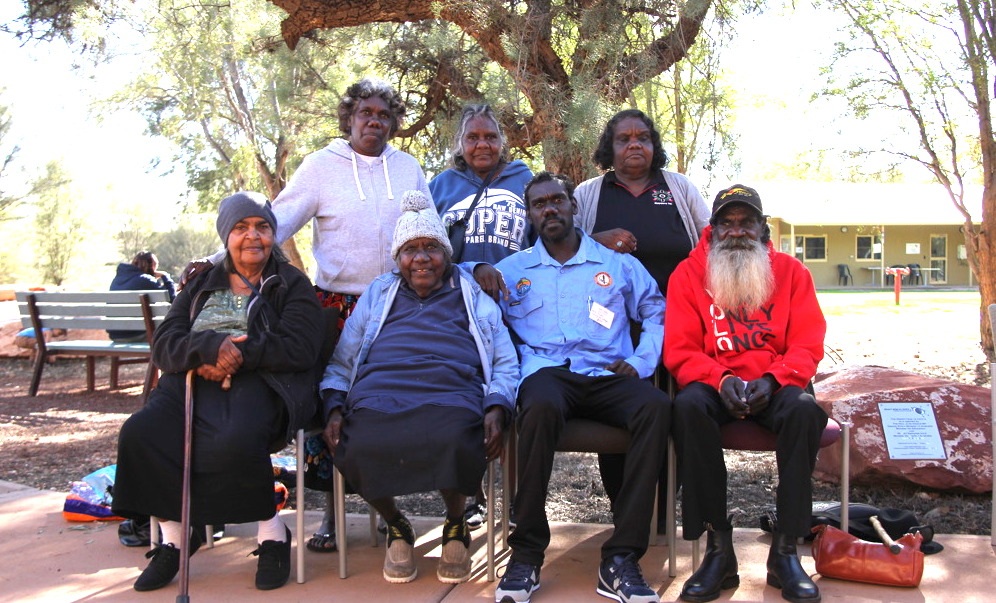

A forum held in Alice Springs on June 2nd has addressed key issues facing language centres working to maintain, revitalise and advocate for Aboriginal languages.
Thirty of Australia’s First Nations language centres gathered as a part of the annual meeting of Western and Northern Aboriginal Languages Alliance (WANALA). The meeting, which had representatives for more than 100 Indigenous languages, sought input from a wide range of organisations to formulate strategies for the support of First Nations languages.
WANALA’s operations cover an area that is home to more than 150 Aboriginal languages and represents 15 language organisations – well over fifty per cent of the Indigenous language bodies in Australia. These organisations support 90% of Australia’s languages that are actively being transmitted to the next generation and have prospects for long-term survival.
Around half of all Australia’s Indigenous languages, and the majority of those which are spoken today, are located in the west and north. The Pilbara and Kimberley areas are each home to dozens of languages, while Arnhem Land has Australia’s greatest concentration of languages. The Living Tongues Institute, an international language advocacy body, classifies Australia’s ‘Top End’ as the world’s number one hotspot of both language diversity and language endangerment.
This important event addressed numerous questions facing language centres moving into the future, with the overall aim of stimulating debate about major questions of national representation and whether languages are best served by having a ‘peak’ body. This new proposal advocates for the development of an Australia-wide coalition of Aboriginal and Torres Strait Islander language centres and organisations. This new organisational framework is aimed to further build on the benefits and positive impacts of language centres and programs. The meeting was facilitated by Professor Jakelin Troy, a Ngarigu Aboriginal woman and senior linguist.
